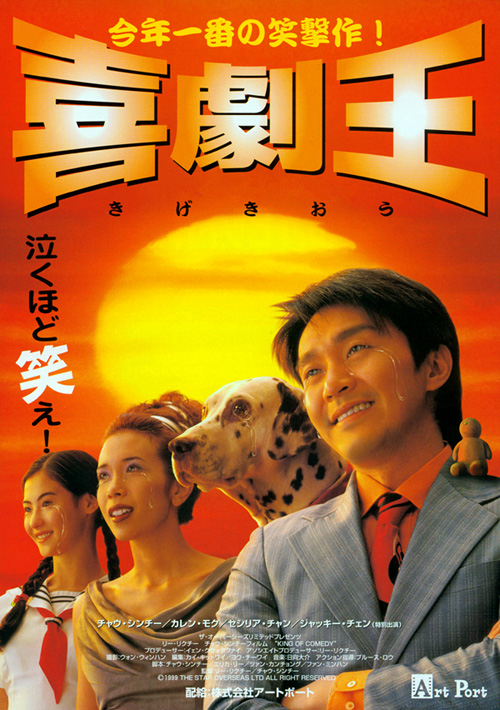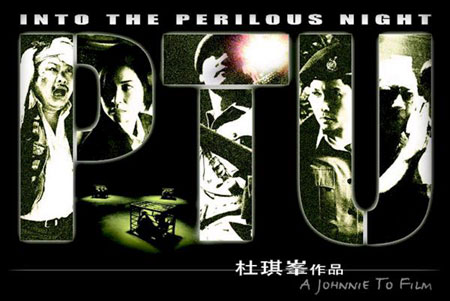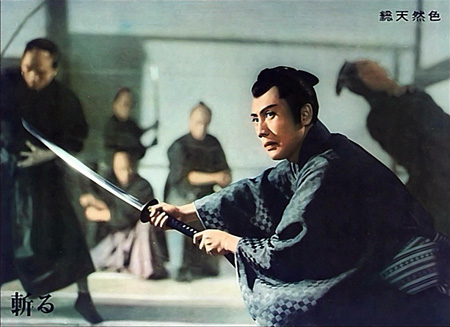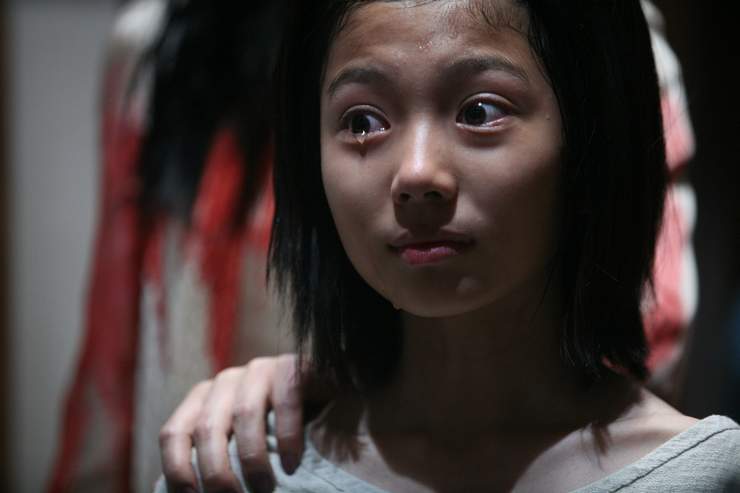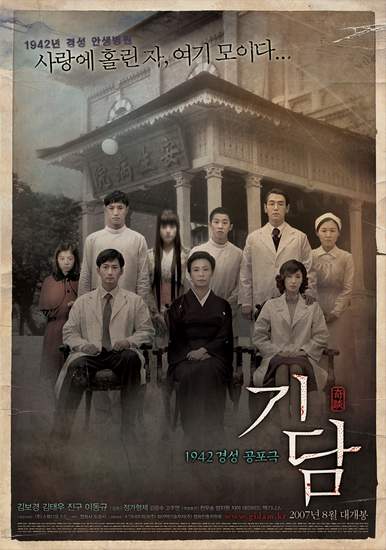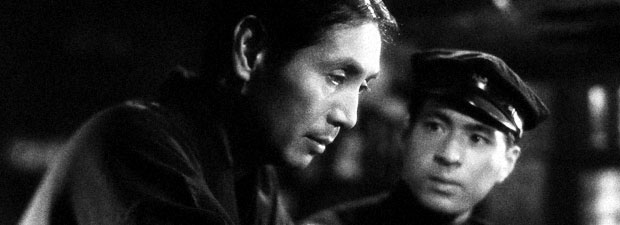 Sometimes you see a movie and it feels ... slight. It just doesn't seem to make much of an impression. Something in the way it was filmed, the themes, the characters, all strike you as somewhat wanting. So you shrug and go on about your business.
Sometimes you see a movie and it feels ... slight. It just doesn't seem to make much of an impression. Something in the way it was filmed, the themes, the characters, all strike you as somewhat wanting. So you shrug and go on about your business.But then you notice you keep thinking about it. Images come back to you, character's faces, bits of dialog, a moment, a gesture. You find yourself going over it in your head, parsing it, making connections, finally getting it. It dawns on you that this film was far better than you registered while watching it, so understated yet intimate was the subject matter, so low-key and subtle the presentation.
And so we have Kokoro (1955), adapted from the acclaimed novel by Soseki Natsume and directed by Kon Ichikawa. The film stars Masayuki Mori (Rashomon, Ugetsu) as a depressed man whose central secret, the cause of his misery (and that of his long-suffering wife, played by Michiyo Aratama) forms the core of the story. Of course we eventually learn all about it through exposition and flashbacks. Without giving too much away, it involves a love triangle and a tragic choice, leading to years of desolation and inner turmoil. Eventually what meager scab that's managed to grow over the wound is picked open by a young student (Shoji Yasui, who would go on to play the unforgettable deserter/monk Mizushima in Ichikawa's The Burmese Harp) who befriends the tortured older man and only wants to help. No good deed goes unpunished ...
Kokoro (which translates roughly as "the heart of things") is one of those quietly devastating films particular to certain cultures (I'm thinking Japanese, but Scandinavian is right in there as well). In form and content it is quite different from the kind of film normally discussed on this blog, yet in its themes of misery and self-destruction it is ultimately as harrowing as any of the more outre outings on offer here. Recommended.

